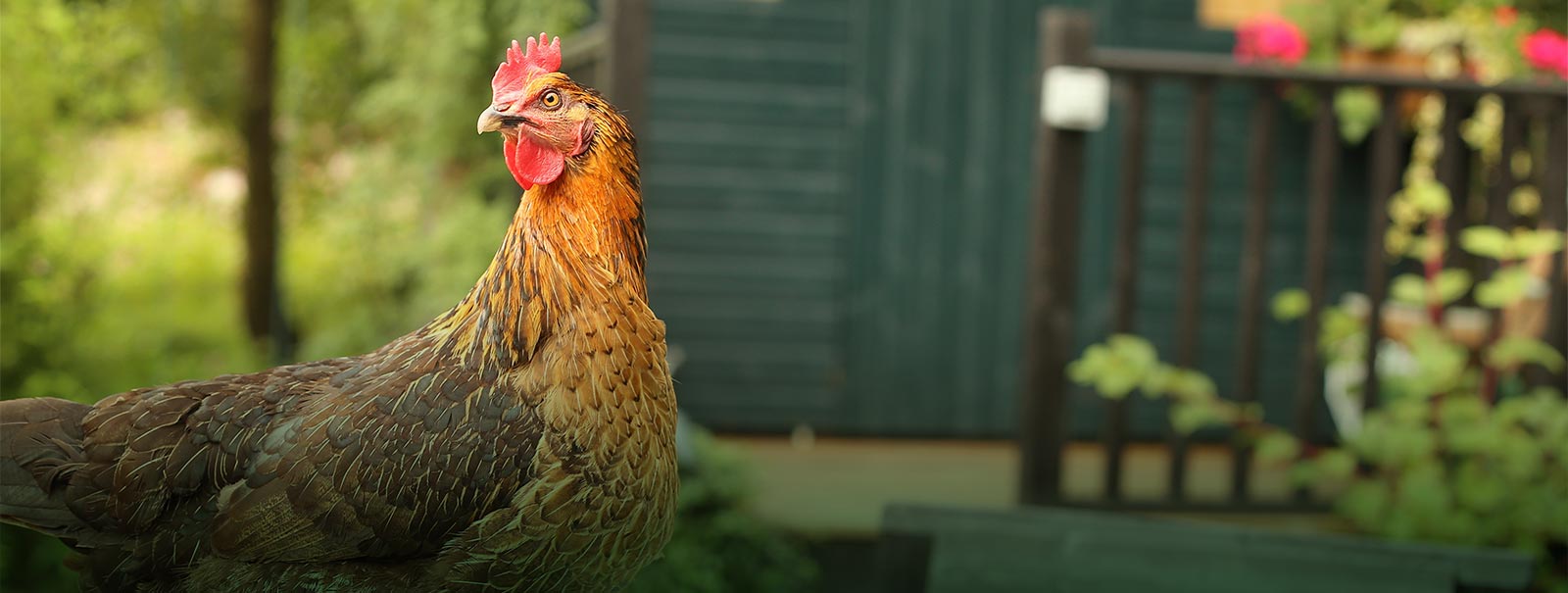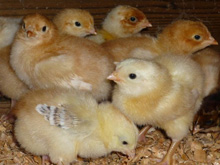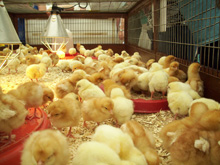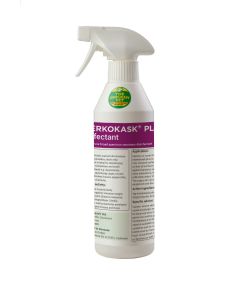
The advice hub Poor Hatching Rates of your Eggs
Sometimes things go wrong with hatching. Hopefully, if you have had poor hatching rates and you have filled in your hatching records card Chicken Vet can help you identify the problem.
The first thing to decide is whether or not you actually have a hatching problem. Unfortunately putting a target figure on hatchability isn’t straightforward as hatchability will naturally vary between breeds (with heavier breeds in general having lower hatching rates) and it will also vary depending on how closely related the parent birds are (inbreeding is a particular problem in very rare breeds). Ideally you should be getting a hatching rate of at least 80%.

The next step is to determine if the problem is related to a specific setting of eggs and whether all the batches of eggs were affected. If you have had good hatchability all season but suddenly the hatch rate has fallen then it is likely something drastic has happened. Usually something such as a power cut or a fault with the incubators temperature or humidity has taken place. The eggs should be incubated at 60% humidity and 38.4ºC in still air incubators and 37.5 – 37.8ºC in forced air incubators. The hatcher should be 36.9-37.5ºC and 60% humidity. These figures are official guides however it would be worth consulting your incubator manual as each brand and model will have slightly different ideal settings. It is also possible that a disease has spread throughout your flock causing a sudden drop in hatchability.
Is the poor hatchability in eggs from a specific breeding pen?
If so it may suggest a problem with your cockerel. Check him for lameness and watch him to ensure he mates correctly! Sometimes cockerels get bored with the hens so take him away for a few weeks so that when he is returned to the pen he will have regained his libido. Absence makes the heart grow fonder! Usually eggs from infertile cockerels will have no chick development in the egg whatsoever. Either way the cockerel should be replaced.
Were the unhatched eggs rotten inside?
If so it is likely bacteria is the problem. Incubating dirty or washed eggs can cause a bacterial infection in the eggs killing the chick. Often these eggs burst in the incubator releasing bacteria to infect the good eggs. For this reason it is important to candle your eggs and remove infertile eggs or those with dead chicks as soon as possible. Incubator hygiene is paramount. Whilst most incubators are cleaned by their owners many people find it near impossible to clean the fans which can harbour dust and bacteria. We think it would be useful to use an air compressor to blast the dust out of the fan. It may also be worth contacting your incubator manufacturer about the safest method for cleaning your incubator. Always use an approved disinfectant such as Interkokask, this will kill bacteria, viruses and fungi.

Are there a number of eggs with well-developed chicks which fail to hatch?
Developed chicks which fail to hatch can point to the wrong humidity or temperature settings. Always ensure that up to day 18 your eggs are turned several times a day or else the eggs will be unevenly heated and the chicks can stick to one side of the shell.
Are you getting weak chicks?
Weak chicks hatching early suggests the incubator/hatcher is too warm whilst weak chicks hatching late suggests the incubator/hatcher is too cold.
If you are getting good hatch rates but the chicks die in the first week this can suggest problems with the incubator/hatcher (humidity or temperature). Never take wet chicks from the incubator as their wet navels can allow bacteria to enter the yolk sac leading to death. Ensure chicks are placed in a pen with a source of heat (the litter needs to be 32-33ºC), a source of light, fresh feed and fresh water.


